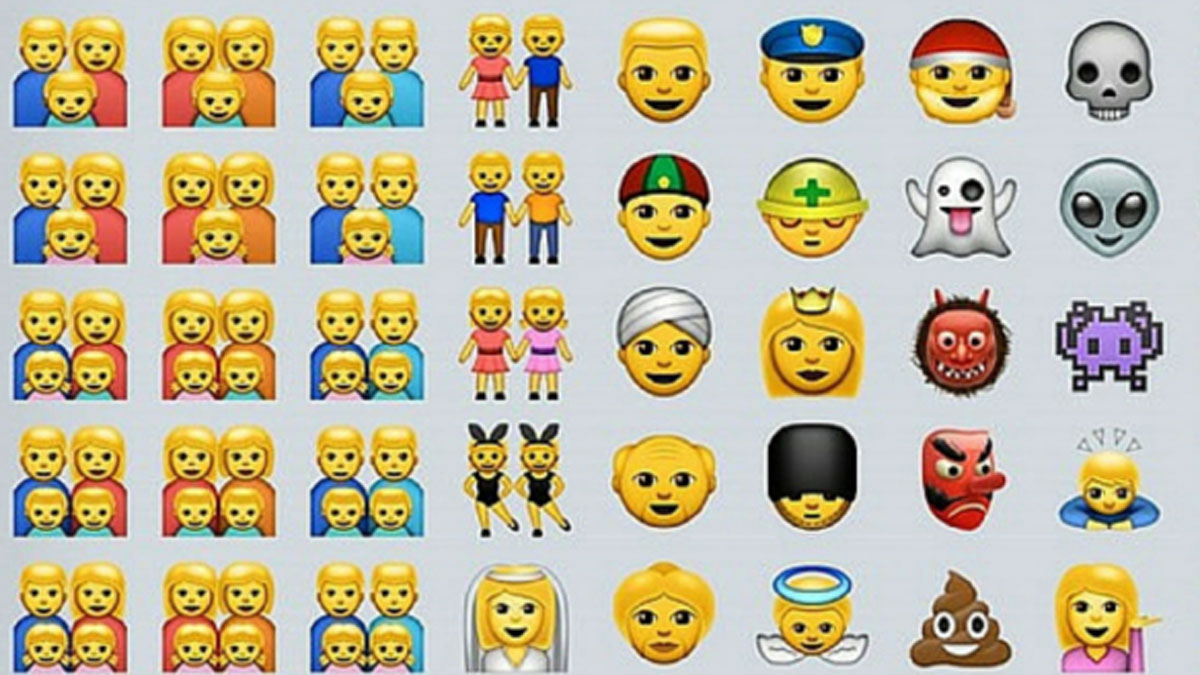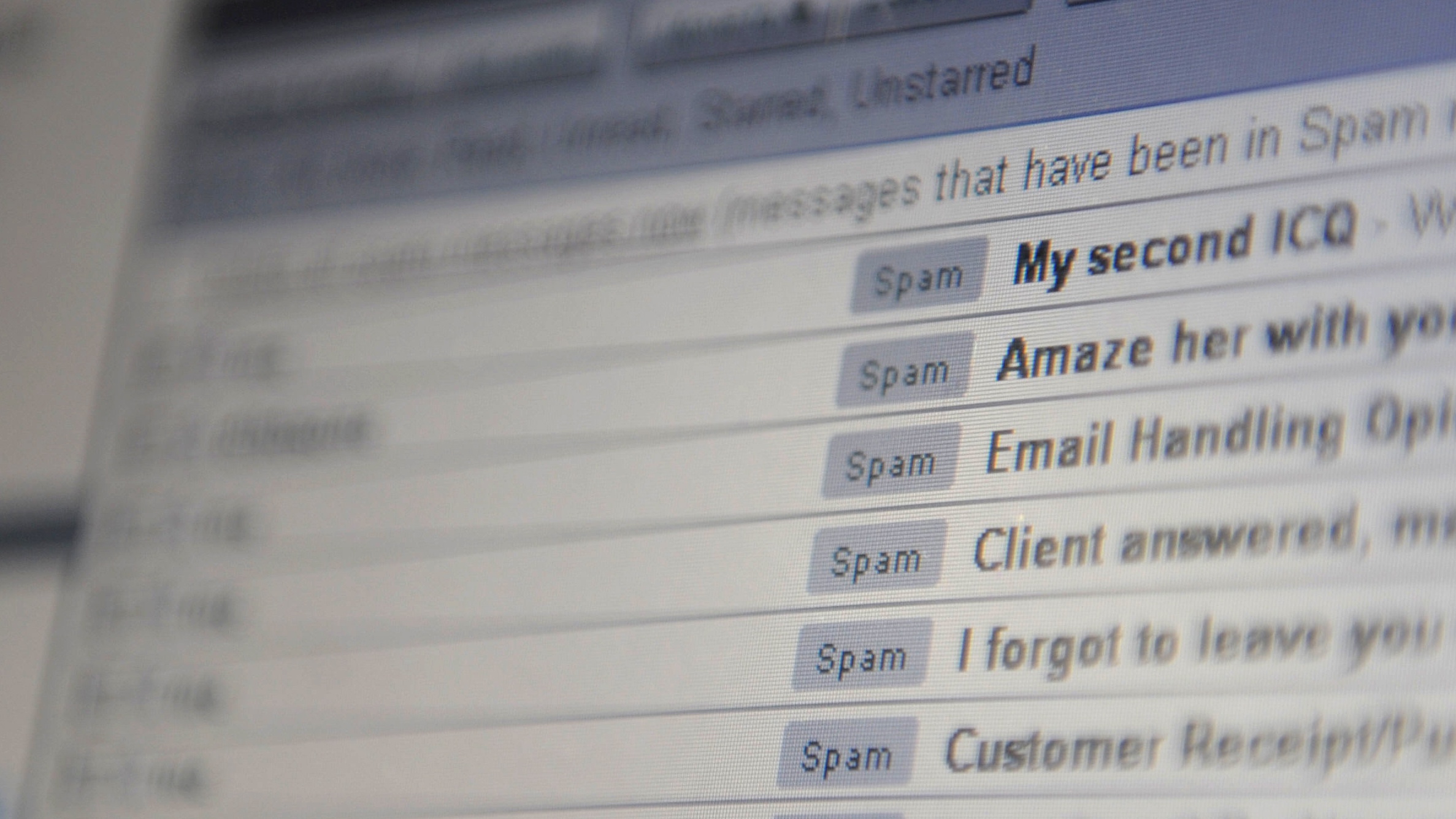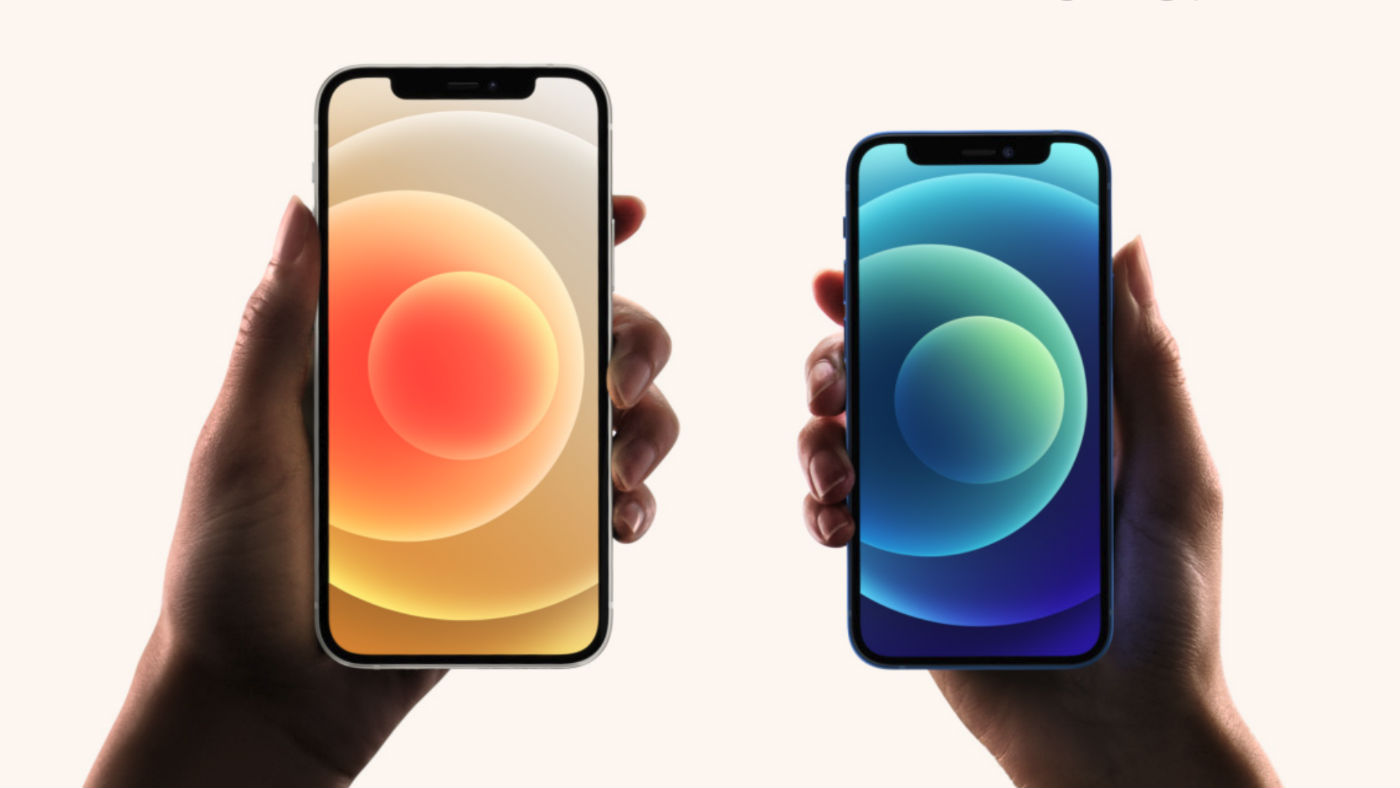Five things you didn’t know about emojis
From the most-used emojis to the symbols banned in China

A free daily email with the biggest news stories of the day – and the best features from TheWeek.com
You are now subscribed
Your newsletter sign-up was successful
Smiling Face with Heart Eyes and Clinking Glasses all round - it’s World Emoji Day.
Invented in Japan in 1999, over the past decade these tiny symbols have become an integral part of digital language all over the world.
So here are five things you may not know about emojis:
The Week
Escape your echo chamber. Get the facts behind the news, plus analysis from multiple perspectives.

Sign up for The Week's Free Newsletters
From our morning news briefing to a weekly Good News Newsletter, get the best of The Week delivered directly to your inbox.
From our morning news briefing to a weekly Good News Newsletter, get the best of The Week delivered directly to your inbox.
The English meaning of ‘emoji’ is a complete coincidence
It’s natural to imagine that emoji is a portmanteau word involving the English word ‘emotion’ - indeed, that’s exactly how we got the word “emoticon”, the precursor to the present-day emoji.
However, it turns out that the resemblance to the word ‘emotion’ is a complete coincidence. The name comes from the Japanese words “e”, meaning picture, and “moji”, meaning character, the London Evening Standard reports.
Emojis are for lovers
A free daily email with the biggest news stories of the day – and the best features from TheWeek.com
Given social media’s reputation as a hive of discord, it’s nice to know that three of the five most popular emojis used across Facebook and Facebook Messenger involve hearts.
According to an infographic released by the social platform, Smiling Face with Heart Eyes clocks in at number two (second only to perennial favourite Face with Tears of Joy), followed by Face Blowing a Kiss, with a simple heart emoji the fourth most-popular.
You won’t find a gun emoji anymore
As gun control activists push back against the widespread depiction of firearms in entertainment - seen by many as a factor in normalising gun violence - all major emoji platforms now have phased out their handgun emoji.
Whether you’re on Twitter, WhatsApp or Facebook, you’ll see that the old firearm icon has now been replaced by a brightly coloured water pistol.
That’s not the only controversial emoji. Chinese Apple users won’t find the national flag of Taiwan, considered a Chinese possession by Beijing, anywhere on their iOS keyboards, according to Emojipedia.
Some emojis are just baffling
Many of the most unfamiliar emojis for western users can be explained by cultural difference, as they portray foods, decorations and characters native to Japan.
However, one of the least-used emojis on Facebook (and almost certainly everywhere) is the intriguingly niche “Man in a Business Suit Levitating”.
In case you were wondering, the figure actually originated in Microsoft’s image-based Webdings font and is based on the Japanese cover art for an album by The Specials, Newsweek reports.
But they’re going to keep on coming
If you already struggle to wrap your head around some of the more abstract offerings on your emoji keyboard, bad news. Another 70 emojis are set to be added to Apple’s next iPhone operating system later this year.
Users will now be able to send ideograms of balls of wool, lettuce, test tubes and a whole lot of animals - kangaroos, parrots and raccoons, to name a few.
-
 The ‘ravenous’ demand for Cornish minerals
The ‘ravenous’ demand for Cornish mineralsUnder the Radar Growing need for critical minerals to power tech has intensified ‘appetite’ for lithium, which could be a ‘huge boon’ for local economy
-
 Why are election experts taking Trump’s midterm threats seriously?
Why are election experts taking Trump’s midterm threats seriously?IN THE SPOTLIGHT As the president muses about polling place deployments and a centralized electoral system aimed at one-party control, lawmakers are taking this administration at its word
-
 ‘Restaurateurs have become millionaires’
‘Restaurateurs have become millionaires’Instant Opinion Opinion, comment and editorials of the day
-
 How cybercriminals are hacking into the heart of the US economy
How cybercriminals are hacking into the heart of the US economySpeed Read Ransomware attacks have become a global epidemic, with more than $18.6bn paid in ransoms in 2020
-
 Language-learning apps speak the right lingo for UK subscribers
Language-learning apps speak the right lingo for UK subscribersSpeed Read Locked-down Brits turn to online lessons as a new hobby and way to upskill
-
 Brexit-hobbled Britain ‘still tech powerhouse of Europe’
Brexit-hobbled Britain ‘still tech powerhouse of Europe’Speed Read New research shows that UK start-ups have won more funding than France and Germany combined over past year
-
 Playing Cupid during Covid: Tinder reveals Britain’s top chat-up lines of the year
Playing Cupid during Covid: Tinder reveals Britain’s top chat-up lines of the yearSpeed Read Prince Harry, Meghan Markle and Dominic Cummings among most talked-about celebs on the dating app
-
 Brits sending one less email a day would cut carbon emissions by 16,000 tonnes
Brits sending one less email a day would cut carbon emissions by 16,000 tonnesSpeed Read UK research suggests unnecessary online chatter increases climate change
-
 Reach for the Moon: Nokia and Nasa to build 4G lunar network
Reach for the Moon: Nokia and Nasa to build 4G lunar networkSpeed Read Deal is part of the US space agency’s plan to establish human settlements on the lunar surface
-
 iPhone 12 launch: what we learned from the Apple ‘Hi, Speed’ event
iPhone 12 launch: what we learned from the Apple ‘Hi, Speed’ eventSpeed Read Tech giant unveils new 5G smartphone line-up
-
 Russian agency behind US election meddling ‘created fake left-wing news site’
Russian agency behind US election meddling ‘created fake left-wing news site’Speed Read Facebook says real reporters were hired by fake editors to write about US corruption